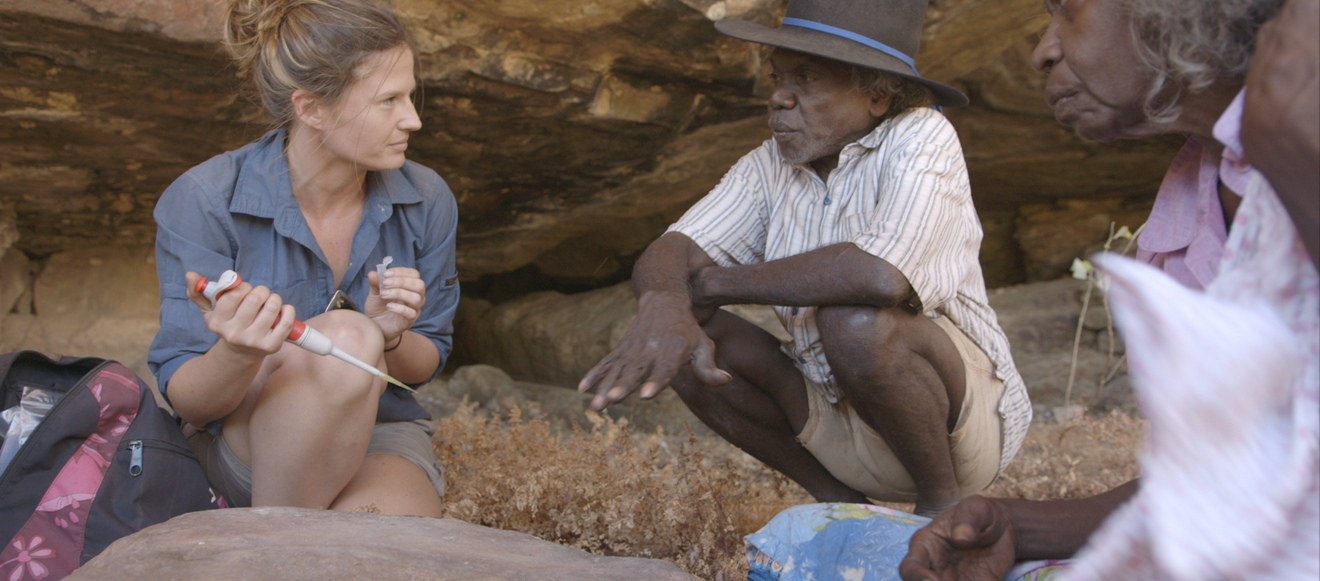Mining report flags sacred site destruction
Publish Date:
28th September 2022
The Mirarr Traditional Owners of the Ranger Uranium Mine in Kakadu National Park are appalled by a report released by the mine operator Energy Resources of Australia Ltd (ERA) on Monday 26 September 2022.
The report was prepared by an independent valuer commissioned by the ERA board to determine a fair value of the company. ERA holds an authority to mine at Ranger and a decades-old mineral lease over the adjacent Jabiluka site which is due to expire in 2024.
The Jabiluka site is of enormous cultural heritage significance internationally. It contains extensive rock art galleries of World Heritage significance and the ore body itself is associated with a complex of sites known as the Boyweg-Almudj Sacred Site Complex. The site is also the location of the 65,000-year-old Madjedbebe archaeological site, Australia’s oldest human occupation site.
Despite all of this, the report released by ERA assumes that the mineral lease over Jabiluka will be renewed and assumes that the Mirarr Traditional Owners would consider consenting to a renewal and mining at Jabiluka.
Senior Traditional Owner Yvonne Margarula says: “It seems nobody has learned anything from the Juukan Gorge disaster. I’ve been telling the world about the sacred sites for forty years and still they don’t listen. We have said “no” and “no means no”. I stood up with my family and with people from everywhere, all over the world, we all said no.”
Corben Madjandi is one of the younger generation of Mirarr Traditional Owners. He supports his elders; “This is our culture, it’s our life. It also belongs to all of Australia, it’s your culture, too. We don’t just say “no”, we are saying “never”. This report tells me the mining industry is not listening – it’s like we’re talking to ourselves. Are they deaf to us?”.
Gundjeihmi Aboriginal Corporation CEO Justin O’Brien has agreed: “This report is very disappointing. It suggests that the only issue worth considering is economic benefit. It has re-characterised our co-operation with rehabilitation activities as some kind of support for mining in general. To then draw the inference that the Mirarr would consider consenting to mining on the Jabiluka sacred area for economic gain is deeply offensive. You would need to have read almost nothing about the history of opposition to Jabiluka to come up with this valuation report.”
GAC has other concerns with the report. The claim that mining Jabiluka by an underground method would solve all the issues such as waste rock management in the middle of Kakadu National Park is simplistic and contradicted by experience. Mr O’Brien added that reference in the report to the 1982 Jabiluka mining agreement was similarly problematic.
Latest News
